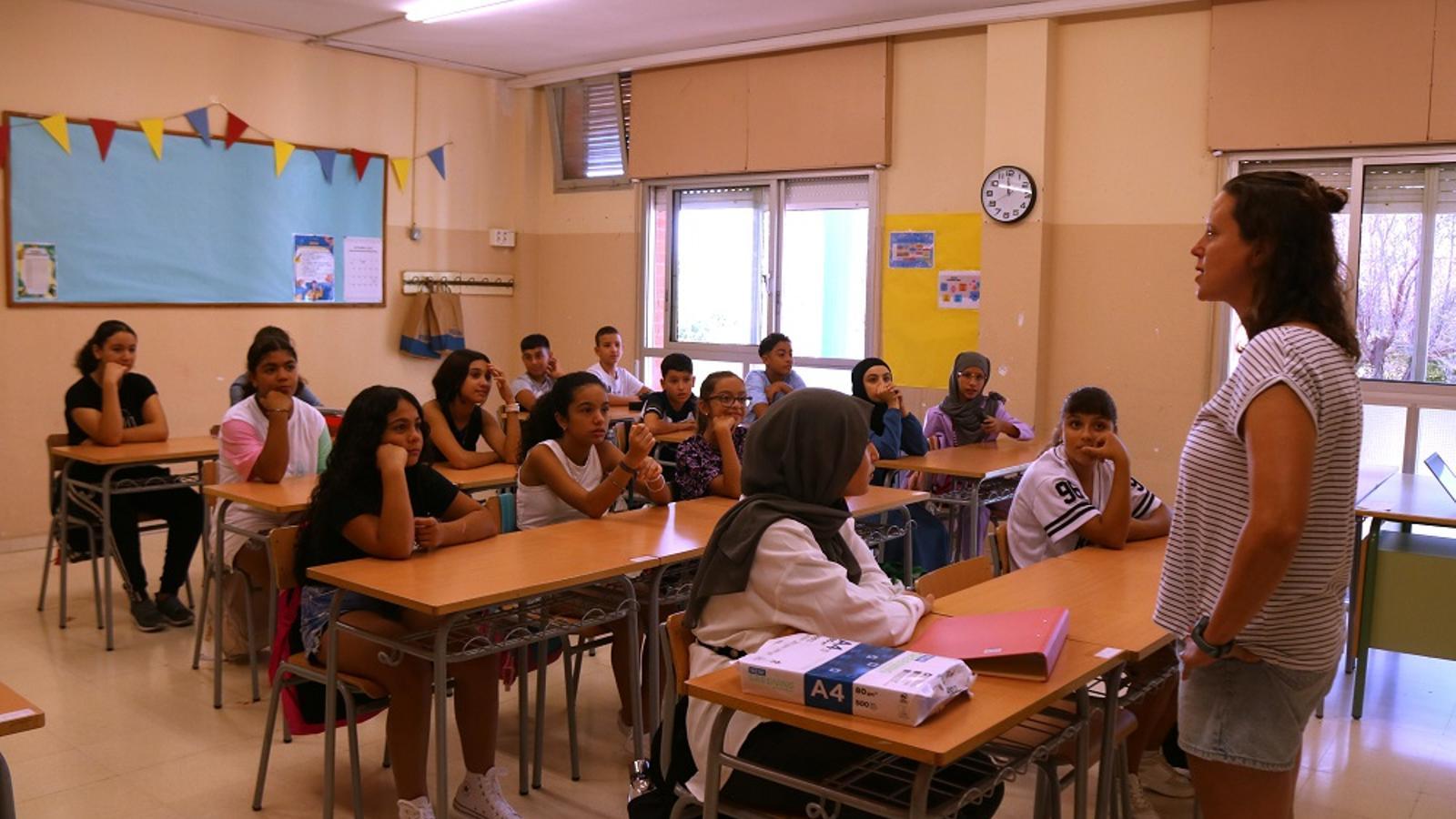How do we straighten out educational outcomes?

Educational policy must have the success of all students as its central objective. Sociologist Aina Tarabini recently emphasized this, recalling that educational success is reflected not only in academic performance but also in educational trajectories and emotional commitment to the learning process. However, at this time, educational policy fails in this regard.
In Catalonia, educational outcomes and opportunities continue to be strongly influenced by the social background of children and young people. We saw this again in the presentation made a few days ago by the Department of Education of the achievements of Catalan students in the 6th grade of primary school and the 4th grade of compulsory secondary education in competency tests. These are bad results.. In general terms, they show that skill levels have not improved in the last seven or eight years, and that, in some areas of knowledge, they have regressed in the last two academic years. This is the case in mathematics in the sixth year of primary school and the fourth year of compulsory secondary education (losses of 7 and 9 points, respectively), and in English in the fourth year of compulsory secondary education (a loss of 6.3 points).
Part of this decline is attributable to the effects of the pandemic crisis in the 2019-2020 and 2020-2021 academic years. We recall: school closures, uneven digitalization between students and schools, bubble groups, lack of support for new teachers, etc. But the pandemic is only partly to blame. Or, at least, its effects reinforce the consequences of an endemic evil of the system: the persistence of educational inequalities that policy fails to correct and that risk becoming chronic. For example, this year, 4th-year compulsory secondary school students in the most segregated schools obtained an average of 20.8 points less in English than students in low-complexity schools; 16.5 points less in mathematics and 10 points less in Catalan. In primary school, 15.6 points less in English; 10.8 points less in mathematics and 12.8 in Catalan. These inequalities have remained fairly stable over the past three years.
To address these results, the department has announced a series of "compensatory" measures, primarily involving training for schools and teachers in the areas of expertise where learning losses have become most evident.
We will have to wait and see how this set of measures will be effective and whether they have any real and sustainable impact on improving the educational outcomes of primary and secondary school students. However, what we can affirm in any case is that it will be difficult to consolidate significant and sustained improvements in the educational achievements of Catalan students without a solid, consistent, and articulated policy in favor of equity. A bold educational policy that contains the following pillars of immediate action.
A plan against early school leaving which includes guidance measures, educational reinforcement and continuity scholarships, which prioritize disadvantaged students, and is provided with sufficient funding.
An implementation plan of the main measures included in the pact against school segregation and the decree on student admissions in the area of scheduling the offer of places and the co-responsibility agreements that promote the commitment of the charter school to accepting students with educational needs.
A financing system of educational centers that allows them to access the resources they need, when they need them, and in the way they need them (teaching staff, non-teaching staff, management staff, project funding, etc.). This implies implementing a formula-based funding model that stabilizes the equitable allocation of resources to public and private schools.
A country agreement To democratize participation in extracurricular activities programs offered by schools, organizations, and municipalities once and for all, with scholarship programs and awareness-raising actions to encourage participation in these activities among the groups that participate the least.
A training plan of teaching and non-teaching professionals that prioritizes content based on the needs of the educational teams at the centers and that, therefore, makes sense based on particular contexts and specific situations.
In a time of social fragility like the present, we must move from a patch-it policy to a bold, capital-L policy against educational inequalities and in favor of educational success for all.
